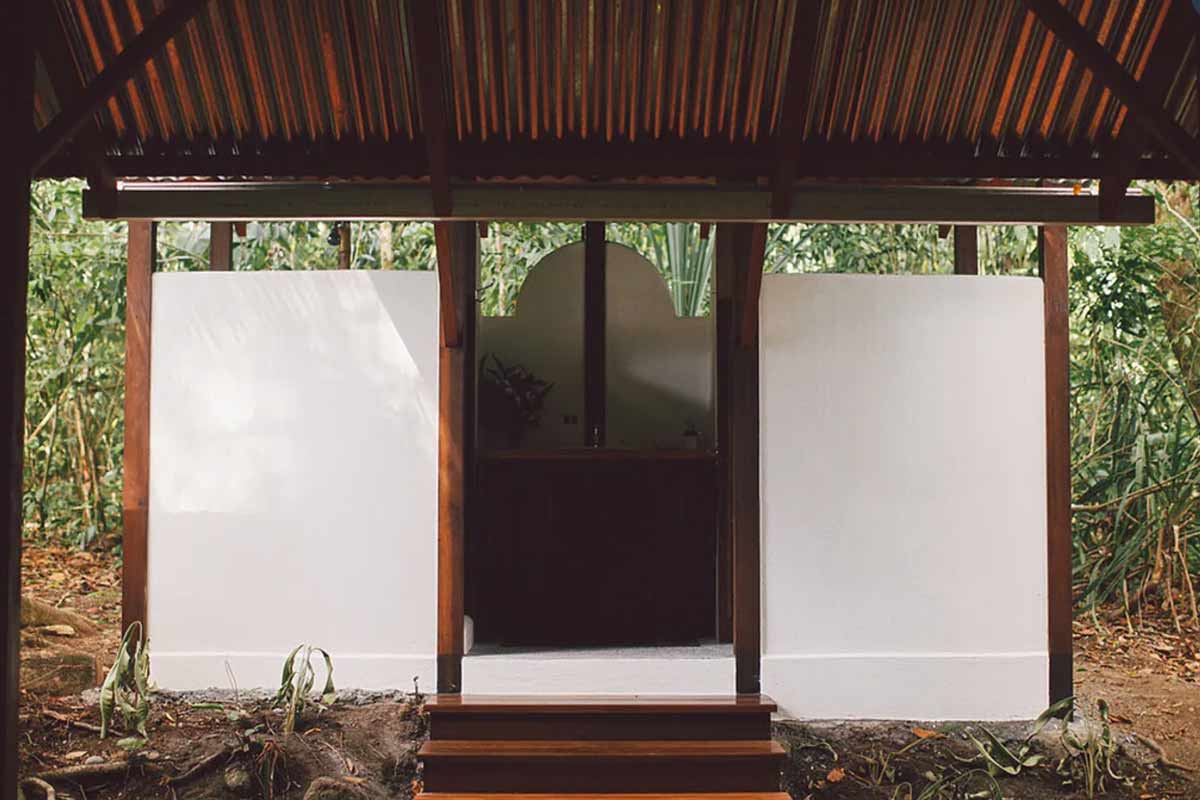
Creating Safe Spaces: The Importance of Trauma-Sensitive Schools
In the bustling hallways and vibrant classrooms of our schools, students embark on journeys of learning and personal growth.
However, for many, these spaces can also be a source of stress and anxiety, especially for those who have experienced trauma. Recognizing the prevalence of trauma in students’ lives, educators are increasingly turning their attention to creating trauma-sensitive schools. This transformative approach not only fosters a safer environment for students but also enhances their overall well-being and academic success.
Understanding Trauma:
Trauma can manifest in various forms, including physical, emotional, or psychological experiences that overwhelm an individual’s ability to cope. Common sources of trauma for students include abuse, neglect, violence, or witnessing distressing events in their communities.
The Impact of Trauma on Learning:
Trauma can significantly impact a student’s ability to learn. When the brain is in a constant state of alert due to traumatic experiences, it becomes challenging for students to focus, regulate emotions, and engage in the learning process. Traditional disciplinary measures may exacerbate the situation, leading to a cycle of disengagement and frustration.
Key Elements of Trauma-Sensitive Schools:
Build Trusting Relationships:
- Creating a safe learning environment starts with building trusting relationships between students and educators. This involves fostering open communication, active listening, and empathy. When students feel seen and heard, they are more likely to engage positively with the learning process.
Cultivate a Safe Physical Environment:
- The physical layout of a school can either contribute to or alleviate a student’s sense of safety. Simple adjustments, such as comfortable seating arrangements, quiet spaces for reflection, and clear expectations for behavior, can make a significant difference in creating a supportive environment.
Provide Professional Development for Educators:
- Educators play a crucial role in recognizing and responding to signs of trauma. Professional development programs that equip teachers with the knowledge and skills to identify trauma symptoms and implement trauma-sensitive practices are essential for creating an inclusive learning environment.
Implement Trauma-Informed Discipline:
- Traditional disciplinary methods may not be effective for students who have experienced trauma. A trauma-sensitive approach involves understanding the root causes of behavior, implementing restorative practices, and providing alternatives to punitive measures.
Promote Emotional Regulation:
- Teaching students emotional regulation strategies empowers them to navigate the challenges of the learning environment. Mindfulness activities, breathing exercises, and other self-regulation techniques can be integrated into daily routines to help students manage stress and anxiety.
Collaborate with Families and Communities:
- Building a trauma-sensitive school extends beyond the classroom walls. Collaborating with families and community organizations creates a holistic support system for students. Engaging parents in their children’s education and connecting with community resources can provide additional layers of support.
In the pursuit of educational excellence, it’s crucial not to overlook the well-being of students. Creating trauma-sensitive schools is not just about accommodating those who have experienced trauma; it’s about fostering an environment where every student feels safe, supported, and capable of reaching their full potential. By implementing these practices, educators can play a pivotal role in transforming schools into spaces that promote healing, growth, and a lifelong love of learning.
To learn more about the trauma sensitive practices being implemented at the school I’m working at and about Thereputic Crisis Intervention for Schools (TCIS) take a listen to this week’s episode of the Beyond Trauma Podcast. If you are interested in learning more about how to make your school trauma sensitive contact me here.























Recent Comments